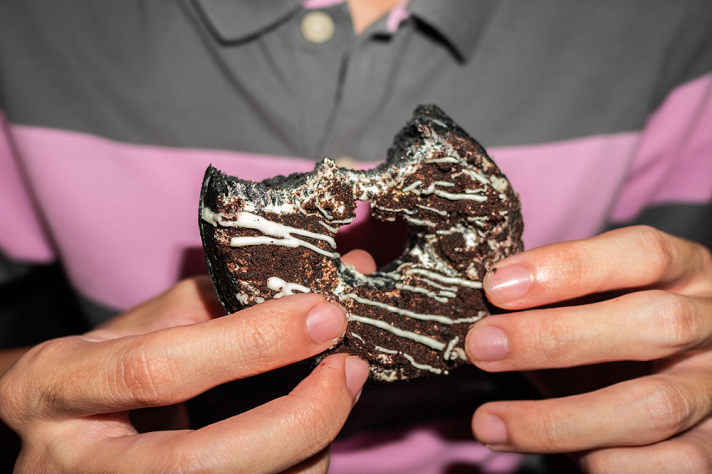Chocolates, cakes, ice-creams, sweetmeats, toffees, cold drinks, who doesn’t love these? If given the opportunity to gorge on these goodies without having to face any health-related consequences, all of us would be eating them all day long. Unfortunately, we aren’t that lucky and need to enjoy these sweet treats in moderation. This is because excessive consumption of sugar has a significant impact on us physically, mentally and emotionally. Many people do not understand the critical impact sugar consumption has on our brain. Carbohydrates, including sugars, are broken down into glucose which is needed by the brain to function effectively. Regrettably, most of us consume much more sugar than we need resulting in an excess of glucose being manufactured in the body. The unutilized glucose gets stored as fat in the fat cells. Some of the ways in which too much sugar can be harmful to the brain are described below:
Sugar addiction
Consuming foods and beverages that are high in sugar can produce an effect on the brain similar to the effect produced when addictive drugs are consumed. This includes developing addiction-like effects such as cravings, getting a sugar-high, loss of self-control and exhibiting withdrawal symptoms when sugar is withheld.
Decreased cognition:
Research indicates that a high sugar diet may also cause disruption of normal brain functioning leading to impaired cognitive functioning.
Tension
Many people choose to eat something sweet when they find their energy levels reducing, consuming sugar may actually reduce energy levels and increase tension, according to a study published in the Journal of Personality and Social Psychology. This is because consuming sugar provides a temporary energy spike, followed quickly by an energy crash resulting in the individual feeling more tired and tense and less energetic.
Depression
A study in the Journal of Depression and Anxiety reveals that higher rates of sugar consumption are correlated with higher rates of depression while a study published in the Journal of Clinical Nutrition found that women with a high added-sugar diet had an increased risk of depression. It also found that high intake of natural sugars including those in fruit was not associated with higher rates of depression.
Dementia
Dementia is a complex, degenerative illness. While the exact cause is not known, it is suspected that physiological, genetic, and nutritional elements may play a role in its development. A study published in the Journal of Gerontology found that some kinds of dementia in animals may develop due to high sugar consumption. The excess sugar may cause an insulin reaction, increasing the deposits of beta-amyloid proteins and increasing the risk of developing dementia.
Memory
While many reasons such as various diseases and lifestyle choices can contribute to memory impairment, researchers are now exploring the link between memory and nutrition, with a study published in The Journal of Behavioral Neuroscience indicating that high sugar consumption might negatively affect memory.
These are just some examples of how excessive sugar consumption has a detrimental effect on the brain. In order to ensure good brain health, throughout their lives, individuals should consume sugar in moderation.























Add comment